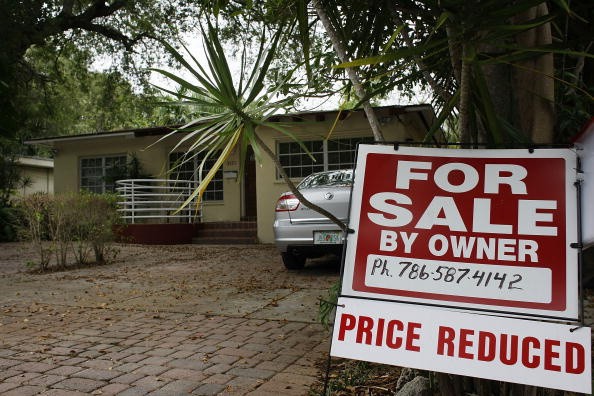
The number of pending home sales in the United States fell last month to the lowest ever recorded, even as mortgage rates declined.
That is according to the newly released Pending Home Sales Index from the National Association of Realtors (NAR), which analyzes home sales based on contract signings. The analysis found that contract signings fell 5.5% in July. Compared to a year earlier, pending home sales dropped by 8.5%. That is the lowest level recorded since the index was first established in 2001.
Why Are Home Sales Down
Mortgage rates have recently declined to 6.35% for the 30-year term and 5.51% for the 15-year term, according to Freddie Mac. The contract rate has declined significantly since the 8% peak in October last year, but it is still a far cry from the 3% rates in 2021, before the COVID-19 pandemic.
Despite the rates falling, home sales failed to recover. Lawrence Yun, NAR's chief economist, attributed this to homebuyers waiting to see if mortgage rates would drop further when the Federal Reserve makes its first anticipated cut on Sept. 18.
Read also: 3 Things That Need To Happen Before the US Housing Market Becomes Affordable Again: Expert
Home sellers are also reluctant to move, especially those who secured rates lower than 6%. As of August, 85.7% of US homeowners had an interest rate below 6%, per Redfin.
Furthermore, the NAR said "affordability challenges" lead homebuyers to wait on the sidelines. The median sale price of homes in the US hit $438,706 in July, marking a 3.9% increase year-over-year.
First-time homebuyers are also increasingly priced out of the market. Buyers now need to earn at least $79,252 annually to comfortably afford the monthly housing payment for a typical starter home in the US. A home is deemed "comfortably" affordable when a buyer does not need to spend more than 30% of their income on housing costs.
In comparison, American workers currently earn a median wage of $59,436 yearly, increasing only 3.6% year-over-year in July. This means the typical household earns $20,000 less than they need to afford a starter home.




